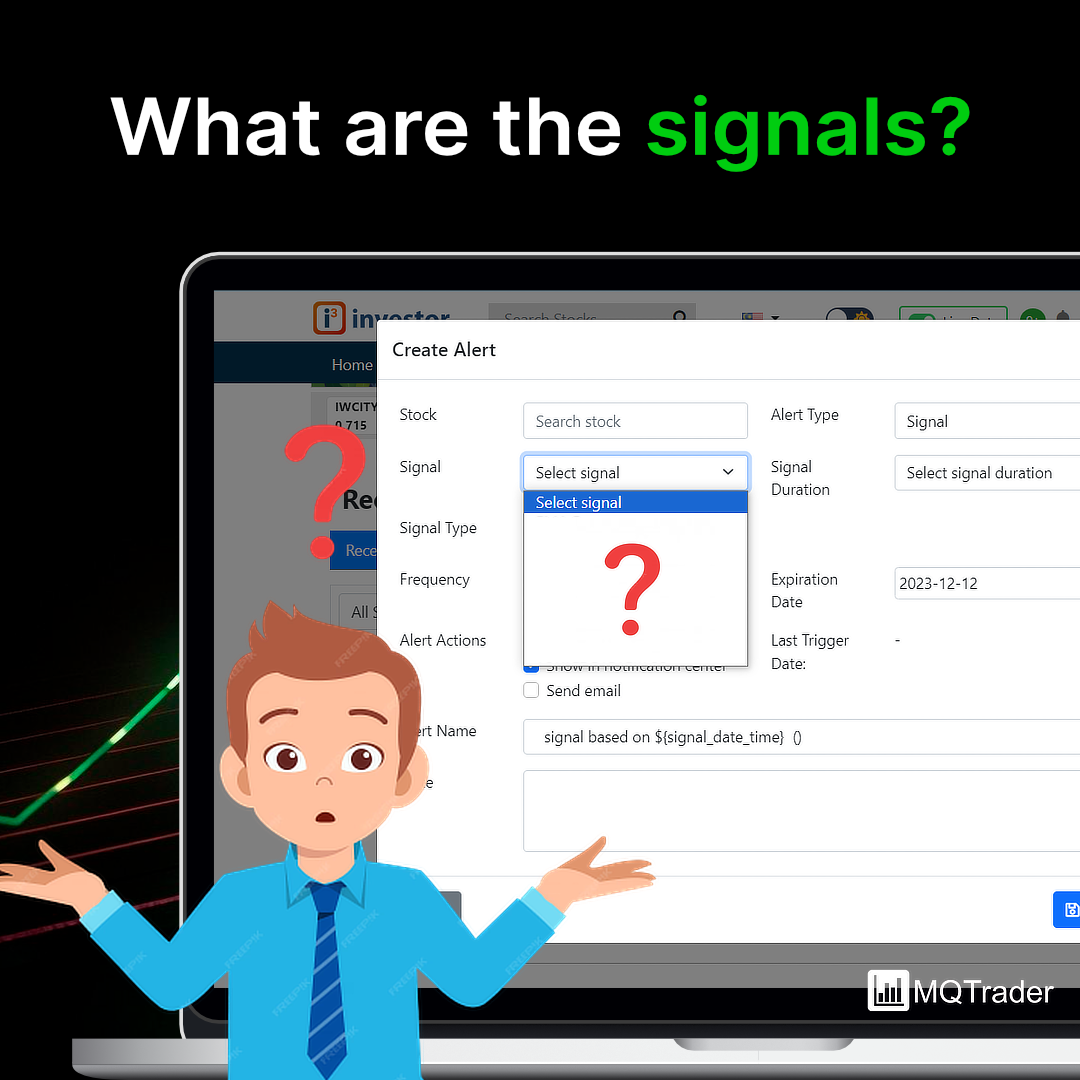Deglobalization: The New World Order
MQTrader Jesse
Publish date: Fri, 03 Feb 2023, 11:34 AM
What is globalization?
Globalization is the spread of the flow of financial products, goods, technology, information, and jobs across national borders and cultures. In economic terms, it describes an interdependence of nations around the globe fostered by free trade. However, the term gained popularity after the Cold War in the early 1990s, when these cooperative arrangements came to characterize modern-day life.
How does globalization work?
In 1817, economist David Ricardo established the concept Law of Comparative Advantage in his book. This concept states that if each country produces only those products with advantages, the overall production efficiency of the world will be greatly improved and ultimately all countries will benefit.
After the information revolution, people can use information efficiency to further develop their economic activities based on comparative advantage. Trade activities between countries will become more frequent. For example, automobile companies will choose to build new factories close to the raw materials they need to reduce the transportation costs of raw materials.
In general, globalization lowers production costs and improves production efficiency, which has a positive impact on countries' interests. But globalization has also caused some problems, for example, when a country moves its production abroad due to the cost of labor, it leads to the problem of unemployment for the local workers with limited skills, which leads to the loss of individual interests, or the gap between the rich and the poor within the country begins to widen, which also harms social stability.
This causes people to have different opinions when it comes to globalization, there are also people who support deglobalization based on the signs we can observe.
Signs of deglobalization
Since 2018, U.S. politicians led by Trump have begun to be hostile to globalization and wage trade wars with other countries. Thereafter, as the pandemic worsened, the United States blatantly invoked a trade war and promoted the so-called return of industry.
On March 31, 2020, Trump told the White House COVID-19 Virus Pandemic Advisory Conference that the United States should be built into a fully independent and prosperous country: Energy Independence, Manufacturing Independence, Economic Independence, and Sovereignty at the National Borders. White House National Economic Council Director Larry Kudlow said he could entice U.S. companies to relocate back through the cost of repatriation expenses.
When such remarks surfaced in 2018, people simply dismissed them as Trump's over-the-top rants. The prevailing view is that globalization is the trend of the story and that anyone who stands in the way of the trend of the story is arrogant.
So far, people do not seem to be more optimistic. Ray Dalio, Henry Kissinger, Bill Gates, and other well-known political, business, and financial figures have expressed concern about the impact of the COVID-19 pandemic on the world economy and politics, and believe that we may live in a different world after the pandemic.
People often think that de-globalization is a new thing because we almost live in a globalized world. We are used to globalization, take it for granted, and think that deglobalization is impossible.
Has deglobalization happened before in history?
The Smoot-Hawley Tariff Act, passed in June 1930, ended globalization and played a major role in plunging the United States into the Great Depression. After World War I, Europe began to recover from the ashes, and some industries began to compete with US companies, putting a lot of pressure on US companies. Compared with manufacturing, the development of agriculture in the United States is lagging behind, so the competitive pressure is greater. At that time, farmers began to ask the government to increase agricultural tariffs to protect their own agriculture, but after the discovery of the manufacturing industry, they also asked Congress to pass laws to protect them. In this way, raising tariffs on agricultural products became a bill to raise tariffs on all imported goods.
In the year the bill was passed, total U.S. imports fell by 28.4%, while total European trade fell by 18% and by 33% in the second and third years, respectively, and gross industrial production fell by an average of 15% per year. By 1934, total world trade and world industrial production had declined by 66% and 33%, respectively. The general increase in tariffs by the United States will naturally bring retaliation from other countries. In this way, all the world's countries have raised an invisible wall. As long as imported goods want to pass through this wall, they will have to pay tariffs. The end result also led to the United States heading toward the Great Depression, accompanied by high inflation and high unemployment.
After World War II, all countries felt that trade protectionism led to the Great Depression and eventually caused World War II, so all countries began to build a complete international trade system, and eventually, the World Trade Organisation (WTO) was born. At the same time, China's reforms and opening up played an important role in lowering the inflation rate in developed countries by exporting an endless stream of cheap goods to the world. For this reason, inflation in the U.S. never exceeded 4% from 2000 to 2021. The existing world trading system was built by countries over decades. If we break our current economic structure and establish a different trading system...we might end up paying a painful price for this mistake. By abolishing our existing system, it will lead us one step closer to suffering the same fate as the great depression of 1929-1933 y. It's the same as the Smoot-Hawley Tariff Act, which caused massive destruction to the world economy, these are the lessons we shall not forget and never repeat.
MQ View
History is not a simple repetition, but there are striking similarities. There are several factors that have increased the speed of deglobalization. U.S. companies build factories abroad to get cheaper labour leading to the rage of the unemployed directed at companies that do not provide jobs in their home country. In recent years, the rise of populism has changed government’s policies in favour of the people, and the barriers of protectionism have eventually resurfaced. In addition, due to the geopolitical crisis, some countries have implemented various policies to support different parties that favour their interests causing the world to split into several major forces. Subsequently, this kind of conflict will become more and more intense causing an inevitable trend of deglobalization to arise. The last deglobalization indirectly led to the Second World War and left indelible pain in the history of mankind. It is believed that people will be able to learn from history and face conflicts more rationally after a century of civilizational baptism.
Community Feedback
We encourage traders to try out and evaluate the MQ Trader system and provide us feedback on the features you like to see in the system. We have received many positive feedbacks so far, and we are currently compiling and reviewing them for possible inclusion into the next release of the system.
We would like to develop this system based on community feedback to cater for community needs. Thanks to all those who have provided valuable feedback to us. Keep those feedback coming in!
Disclaimer
This article does not represent a BUY or SELL recommendation on the stock covered. Traders and Investors are encouraged to do their own analysis on stocks instead of blindly following any Trading calls raised by various parties in the Internet. We may or may not hold position in the stock covered, or initiate new position in the stock within the next 7 days.
Join us now!
MQ Trader stock analysis system uses Artificial Intelligence (AI), various technical indicators and quantitative data to generate accurate trading signals without the interference of human's emotions and bias against any particular stock. It comprises trading strategies which are very popular among fund managers for analysing stocks.
MQ Trader stock analysis system is SPONSORED for MQ Trader members. To use this amazing tool, you can sign up via MQ Trader Sign Up!
Contact us
Please do not hesitate to contact us if you have any enquiry:
Facebook: https://www.facebook.com/mqtrader
Instagram:https://www.instagram.com/mqtrader
i3messanger: https://messenger.i3investor.com/m/chatmq
YouTube: https://www.youtube.com/channel/UCq-26SGjlQTVQfO7DoEihlg
Email: admin@mqtrader.com
More articles on MQ Expresso






Created by MQTrader Jesse | Oct 26, 2023


Created by MQTrader Jesse | Oct 12, 2023























